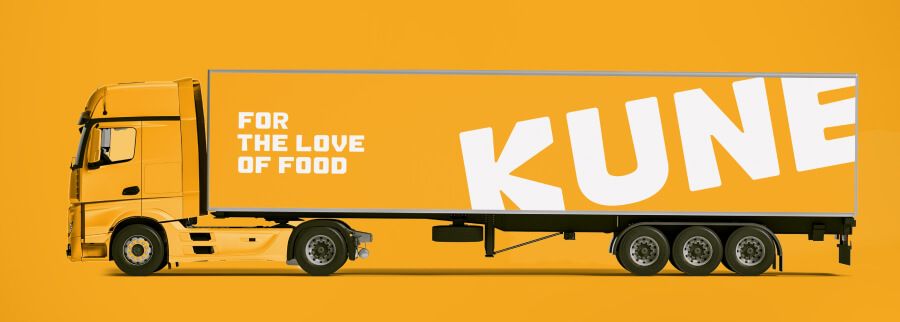Funny how Kune Foods tried to compete with kibandaski.
It is the same mentality that drives most of the innovation in the world in the age of wokeism.
Someone sits in their rich bubble, surrounded by friends from the same neighborhood, they conduct shoddy market research then launch a product.
When the news first broke, Kenyans on Twitter (KoT) had warned Kune that its product was not unique.
I think some people even told them that the thinking behind their company was very elitist. It stemmed from the same mentality that thinks that Africa is one cointry. All Africans live in the jungle, the whole of Africa is starving etc etc, you get the drift?
Yeah.
So, Kenyans pia ni nani? Those close to Robin Reecht, the French founder of Kune Foods, just sat with him, went a long so that they could earn perdiem.
Enyewe hustle ni hustle tu! (Am laughing)
So what did Kune Foods try to solve?
Reecht says that when he first came to Kenya, it was hard for him to get affordable fresh food to eat.
“After three days of coming into Kenya, I asked where I can get great food at a cheap price, and everybody tell me it’s impossible,” he told TechCrunch. “It’s impossible because either you go to the street and you eat street food, which is really cheap but with not-so-good quality, or you order on Uber Eats, Waco or Jumia, where you get quality but you have to pay at least $10,” he told a local news site.
He might’ve been right but as I said, he was with the wrong crowd.
The Chipotle-like idea cannot work in Kenya; we have so many vibandas (food kiosks).
By the way Chipotle is an American fast food restaurant chain that prides itself on quick service, big portions, and low prices.
That is hard to do in Kenya as most people want to be seen eating expensive and trashy non-nutritious KFC, Chicken Inn or from Pizza Inn.
The other lot just want to eat from a Kibandaski and life goes on.
Rich people in Kenya including pretenders would want to be seen to have chums and won’t associate themselves with Kune Foods.
At the height of its ‘success’ Kune Foods was selling 400 meals a month. LMAO
Mama Kibandaski wins again.




















